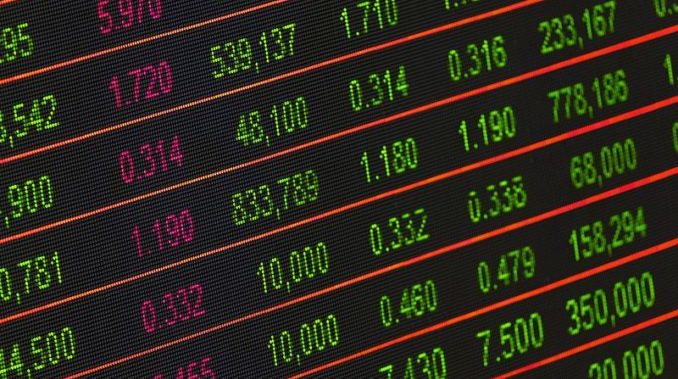
President Trump and some Republican pundits are delighted to see that the Dow Jones has mostly returned from the cratering it experienced at the start of the covid-19 pandemic. No, it hasn’t returned to 29K… but at 26K, it’s looking much better than the 18.6K of March, and it’s been slowly trending upward. For anyone invested in a 401K, this is a relief.
There is a problem associated with these numbers. An issue for the Republicans throughout the Obama Presidency was that the Dow was seeing growth not simply due to growth of service contracts and assets but because of tax dollars being given to large corporations via grants and low-interest loans. This, the Republicans claimed, was “picking winners and losers”, undermining the free market, and most importantly creating a bubble economy that risked simultaneous economic stagnation and inflation when the bubble inevitably popped.
All of the offenses under Obama were continued under Trump, who increased the money given to companies while slashing the amount of cash they repaid to the government in taxes. A corrupted system that had been promised to be fixed was instead further degraded.
In response to the stock market tumble, and desperate to keep the illusion of a vibrant economy alive, Trump’s Fed has flooded Wall Street with trillions of dollars in cash over the last few months. The fears now are shifting away from rampant inflation when the bubble pops to the possibility of hyperinflation. While that may be in our future – the re-election of President Trump would certainly see a continuation of his disastrous economic policy, and the election of Joe Biden would be seating a prominent member of an administration which saw considerable success with a saner version of a similarly bad policy – it is not something that can be effectively addressed now. Prepared for, certainly, but not addressed. Too many people need basic education before they can understand reasonable predictions for the future.
Instead, there’s a simple way to explain how the economy is failing despite Wall Street’s growth, and that’s businesses.
About 9,500 large retail stores went out of business in 2019, which was a record. The list is available across the internet; here’s a link to a free story on the subject at Business Insider. More than 5,400 have permanently closed so far in 2020. Even setting aside the estimates (which range as high as 25,000 stores closed across the country by January) it’s worth noting two things:
- Those lists don’t count many small “mom and pop” single-family stores and startups which often don’t have the cash on hand to survive a long-term dearth of sales
- Those lists don’t count layoffs at large companies or service jobs where people are normally required to interact with others.
Yes, the Dow is recovering. But the economy? Some of the events we have seen over the last few months:
GNC has filed for bankruptcy and is expecting to close 2/3 of its stores nationwide. Similar large-scale reductions are being seen at Gamestop, Kay Jewelers, Pier I, The Children’s Place, Victoria’s Secret, Chico’s, and AT&T stores.
AT&T isn’t only closing its retail locations. It’s also been restructuring, laying off thousands of corporate jobs… and it’s not the only place. Companies as large as Microsoft and as small as Alamo Drafthouse have been seeing permanent reductions in their workforce this year.
The American marketplace is changing for the worse, because we’re seeing an attempt to paper over actual problems with denial and lies. The most obvious evidence was presented in March, 2020, as the last print issue of Playboy rolled off the presses. The once-ubiquitous magazine, known for sparking controversy, is no more. Racy images, once its stock in trade, have become easily found for free on internet sites and people simply weren’t willing to pay for a print edition anymore.
While this may not be a bad thing, the silence which accompanied the magazine’s demise is disturbing. Jobs are disappearing throughout the country to such a large degree that the death of a cultural institution… however much that loss might be appreciated in many circles… isn’t even noticed.
No, the economy is not getting better. It will not recover until we put covid-19 behind us, and we will remain at risk of a catastrophic fall for as long as we continue to falsely inflate Wall Street. Neither of those situations is being addressed right now.
